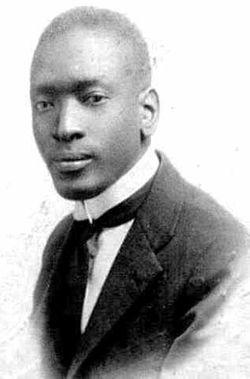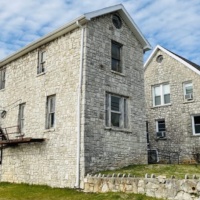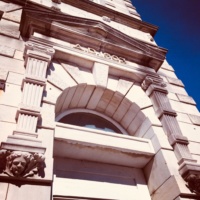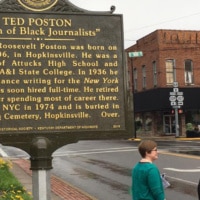Black History Month in Hopkinsville often brings up stories of Ted Poston, the youngest child in a large and noteworthy African American family.

Ted eclipsed everyone in his family with a career lasting some 30 years at the New York Post, where he was nominated for a Pulitzer Prize and received other awards and acclaim for his coverage of civil rights battles across the country. He became known as the Dean of Black Journalists in America.
But Ted’s older brother Robert Lincoln Poston might have achieved similar success if he had not died young.
Robert was born on Feb. 25, 1890, in Hopkinsville. Along with his brother Ulysses, he enlisted in the U.S. Army around 1918. Both were quickly promoted from private to sergeant, Ted Poston biographer Kathleen Hauke wrote in her 1998 book, “A First Draft of History: Ted Poston.”
Hauke, who researched the entire Poston family, wrote that Robert and Ulysses became involved in a dispute with a white Army officer, and Robert risked being sent to a military prison. However, he launched a legal fight and was able to leave the service in 1919.
Back in Hopkinsville, Robert and Ulysses started the Hopkinsville Contender newspaper with their father, Ephraim. The paper was soon embroiled in a controversy for an editorial stand that criticized white leaders of Hopkinsville after black soldiers were forced to march at the end of a parade to welcome home service members.
Robert and Ulysses moved north and established their paper as the Detroit Contender.
Later, Robert became the assistant secretary-general of the Universal Negro Improvement Association, an organization established by black nationalist Marcus Garvey, an advocate for creating independent black states around the world.
Through his affiliation with Garvey, Robert was selected to lead a delegation to Liberia, according to the website Notable Kentucky African Americans.
When he applied for a passport on Nov. 17, 1923, Robert was 33 years old and living with Ulysses in New York City. He listed his occupation as “journalist.”
Upon his return from Liberia four months later aboard the SS President Grant, Robert became ill. He died of pneumonia. He is buried at Cave Spring Cemetery in Hopkinsville.
At the time of his death, Robert had been married for about a year to American sculptor Augusta Savage, a renowned artist of the Harlem Renaissance who became a teacher and activist for black artists. She died in 1962 in Saugerties, New York. Today her farm home and sculpture studio is a historic site.
Jennifer P. Brown is co-founder, publisher and editor of Hoptown Chronicle. You can reach her at editor@hoptownchronicle.org. She spent 30 years as a reporter and editor at the Kentucky New Era. She is a co-chair of the national advisory board to the Institute for Rural Journalism and Community Issues, governing board president for the Kentucky Historical Society, and co-founder of the Kentucky Open Government Coalition.





